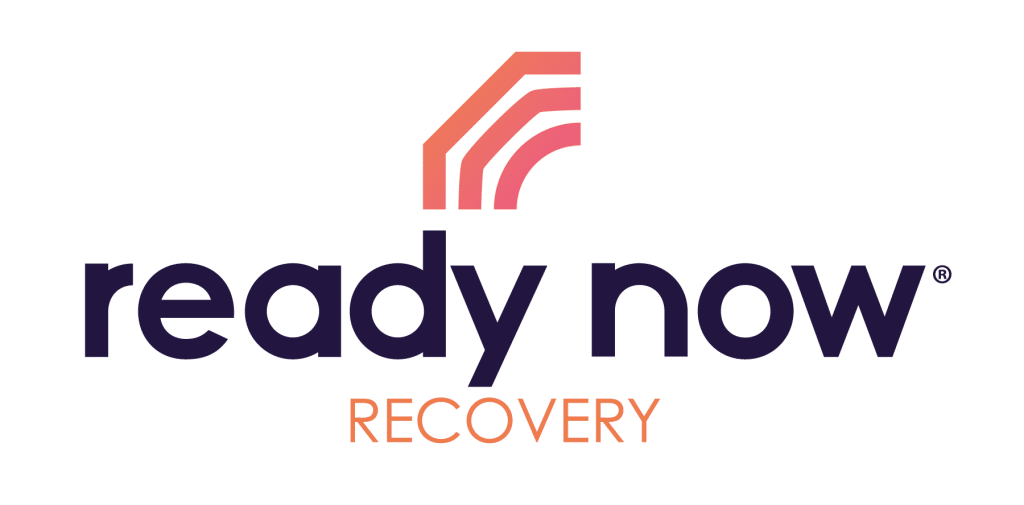Normalizing the Drug and Alcohol Conversation with your Teen
Before Talking to your Teen
Set a time to speak with your child about drugs and alcohol. Sometimes, springing serious conversations on teenagers can result in defensiveness due to them feeling ambushed. Let your child know what you’ll be discussing, that they’re not in trouble and that you’re hoping to open an ongoing dialogue with them about the topic.
Conversation Starters About Substance Use
- How do you feel about drugs and alcohol? Do you see them as separate?
- Why or why not?
- Where have you learned about drugs and alcohol?
- Do you feel you’re able to talk openly with me about drugs and alcohol? Why or why not?
If they say no, remember that this is them being vulnerable with you and inviting you in closer.
Follow-up question if they say no:
- Thank you for telling me. Is there anything I could do to make you feel more comfortable opening up to me about this topic?
Try not to be visibly upset by their response; it is more information to help you both move through this tough conversation together.
- Why do you think people use drugs and alcohol?
- How do you hear people talking about drugs ang alcohol at school?
- How do you think peer pressure influences young people to try drugs and alcohol?
After Talking to Your Teen
After the conversation, if you’re shifting to education on different substances, try to focus on concerns of the health and safety of your child and approach it from the perspective of learning together so as to avoid lecturing.
It’s also effective to develop a plan with your teen in the event they find themselves in an unsafe situation. You could create a deal with your teen that if your teen calls for help, you won’t be mad at them or punish them that day but instead talk about what happened the next day. This focuses on their health and safety and sets you up to be the trusted person they’ll contact if they’re in trouble.
In addition, it’s helpful to discuss with your teen what their consequence should be if they are caught using. This way if it ever happens it is more about holding them accountable and less about them being punished.
Various Substances: Myths vs. Facts
When talking to teens about drugs and alcohol, it’s important to be informed about the myths vs. facts about substances. Many teens believe these myths and it’s important to be aware of current drug trends and their impact on youth to best support your teens. If your teens see you’ve heard of the myths, they’ll be more likely to be engaged when you talk about some of the evidence-informed facts and the adverse health impacts substances use has on teens.
Book Recommendations
The following books are recommended for improving communication with your teens and supporting them through this phase in life.
- The Parallel Process by Krissy Poztek
- Positive Discipline by Jane Nelsen
- Parenting Teens With Love and Logic by Jim Fay and Foster Cline
- Motivated Interviewing by William R. Miller and Stephen Rollnick
- Verbal Judo by George Thompson PhD
Source,
https://mnpra.org/wp-content/uploads/2023/06/23_KTT_Talk-early-talk-often-guide.pdf





